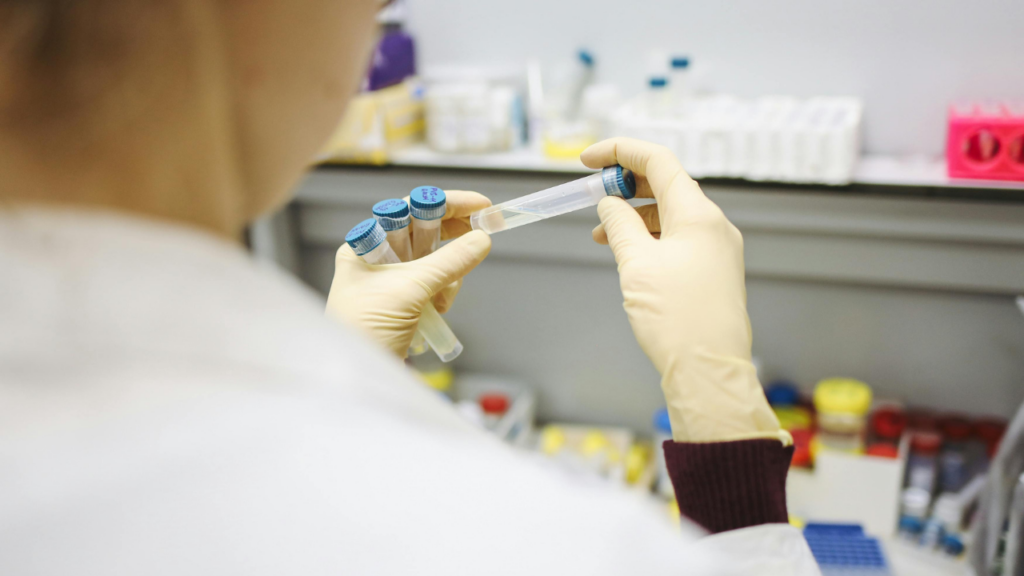A new test vaccine for HIV has created hope after trials where a test jab triggered antibodies capable of neutralizing the virus.
The two-part vaccine test in the trial showed how the immune system responded within a matter of weeks. It has raised hopes that one day in the future there will be a HIV vaccine.
HIV, or human immunodeficiency virus, damages the immune system and weakens the body’s ability to fight disease and normal infections. Patients diagnosed with HIV today, have a better chance of survival with life-time medication, but in some areas around the world, it can still be a leading cause of death for those who don’t have access to these treatments.
Therefore, if a HIV vaccine were to be created, it could save millions of people around the world.
READ NEXT: Scientists find climbing stairs may help you live longer
The test jab in the trial triggered low levels of antibodies, but they were in the form able to fight a range of HIV strains.
Dr Barton Haynes, senior author of the study, from the Duke Human Vaccine Institute (DHVI), said it’s a ‘major step’.
The scientist said: “This work is a major step forward as it shows the feasibility of inducing antibodies with immunisations that neutralise the most difficult strains of HIV.
“Our next steps are to induce more potent neutralising antibodies against other sites on HIV to prevent virus escape. We are not there yet, but the way forward is now much clearer.”

The trial recruited 20 healthy, HIV-negative participants, and 15 received two doses while five patients received three.
Participants showed immune activation after two injections.
Antibodies target the HIV pathogen’s outer layer and help block infection by the virus into the body.
The HIV vaccine study was initially planned to run for four doses, however, it was halted when one person experienced a non-life-threatening allergic reaction, believed to be from an additive.
READ NEXT: Males and females burn fat differently, bombshell new study finds






Comments are closed.